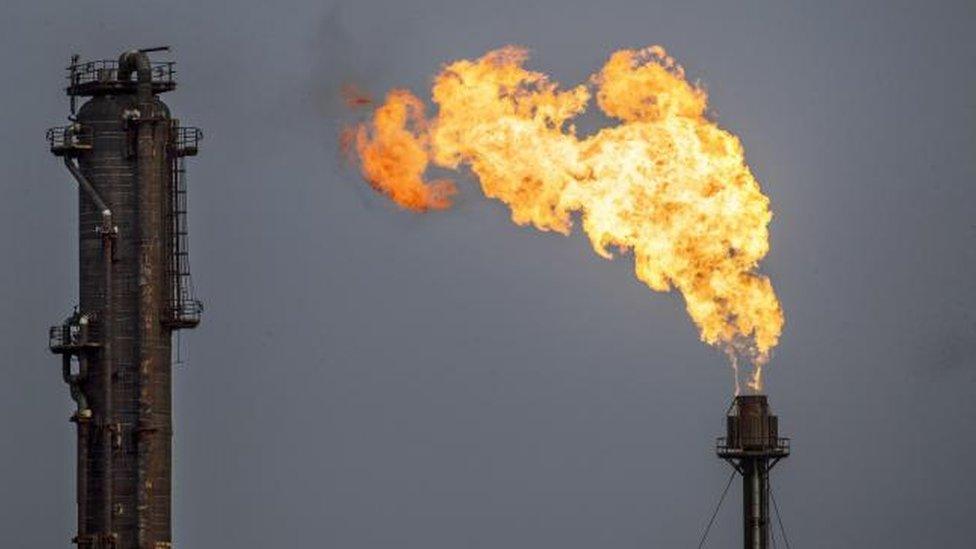School trips to Mossmorran chemical plant need risk review
- Published
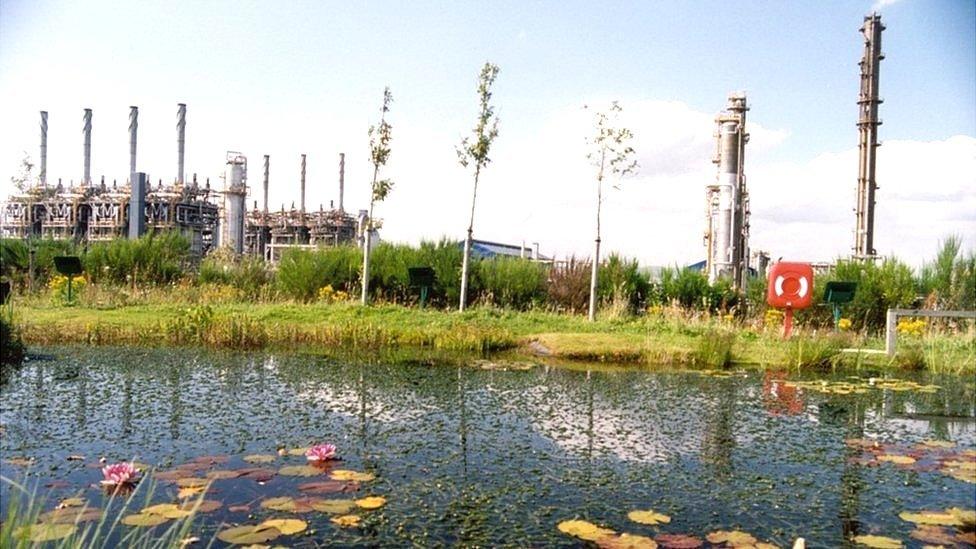
More than 20,000 pupils from local schools have taken part in wildlife classes at a pond created on the Cowdenbeath site
Risk assessments for school trips to a Fife chemical plant need to be "improved" after "weaknesses" were found, the Health and Safety Executive (HSE) said.
ExxonMobil's pond dipping classes at Mossmorran need to be "appropriately managed", the regulator said.
It is a top-tier Comah site, which means it stores hazardous substances.
Fife Council said it would "implement any HSE recommendations that could improve future risk assessments".
More than 20,000 pupils from local schools have taken part in wildlife classes at a pond created on the Cowdenbeath site over the past 15 years.
Risk assessments used for the school trips were obtained from Fife Council under the Freedom of Information Act.
They show "generic" risk assessments that have no consideration of Mossmorran's designation as a top-tier Comah site.
A HSE spokesman said: 'We have reviewed the procedures in place for these educational trips, and have advised both the Mossmorran operator, and the local authority, to review and update their communications in planning these trips so they take account of any new information.
"We have also advised them they must ensure they have clear instructions in place for what to do in the unlikely event of major incident arising on the Comah establishment.
"This is in the line with the expectations placed on all Comah operators with visitor centres or other facilities used by members of the public or for educational trips."
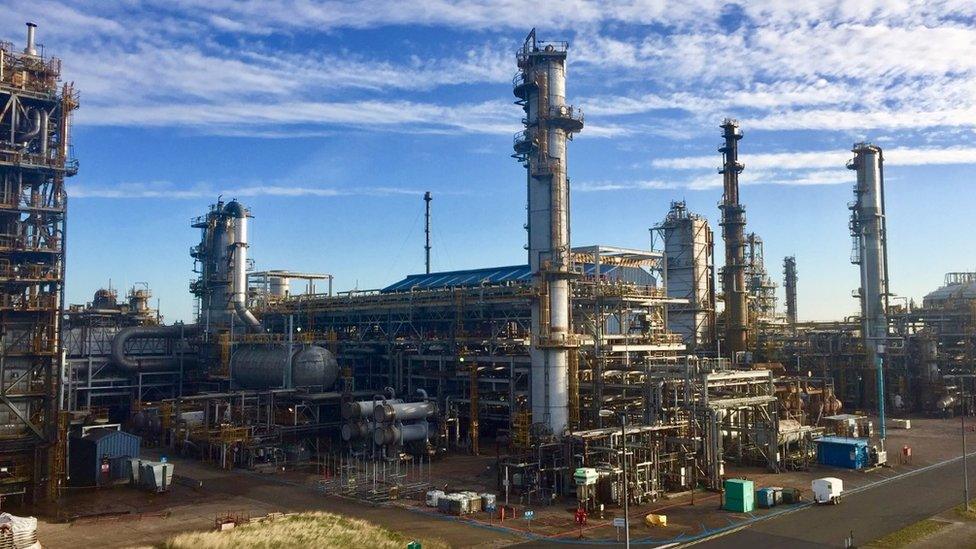
ExxonMobil's ethylene plant at Mossmorran is temporarily shut down while its boilers are being fixed
It follows Kinghorn-based charity the Ecology Centre, which provided tutors for the classes, announcing in the summer it was "terminating this relationship" with ExxonMobil after campaigners branded the excursions a "dangerous PR stunt."
In July, the plant was issued with an improvement notice over the risk of an explosion.
The HSE said ExxonMobil had failed to take all measures necessary to reduce the risk of "firebox explosion from furnaces".
The firebox is an area in the plant's furnaces where fuel is burnt.
ExxonMobil has until March next year to comply with the improvement order.
Managed risks
David Glass, HSE mechanical engineering team leader, said: "In relation to the site visits, some weaknesses have been identified and will be pointed out to both ExxonMobil and Fife Council in the coming months, and should lead to improved risk assessments and clear understanding of what to do in the unlikely event of an emergency.
"We would expect risks to be kept under review by the site operator and consideration given to postponing such activities if necessary.
"HSE would not discourage visits as long as the risks are appropriately managed."
ExxonMobil chose to temporarily close its plant to undertake maintenance on its boilers in August. It said it planned to reopen by the end of the year.
It has also pledged to spend £140m improving the reliability of the plant.
James Glen, chairman of Mossmorran Action Group said: "The risk assessments are generic, box-ticking nonsense, and it is shameful that the council has colluded with ExxonMobil in pretending that visiting Mossmorran is no different to visiting a nature reserve.
"In recent months, operators have been caught out over a long-term untreated gas leak and Exxon has been forced to shut down operations for an extended period because major components have failed.
"Yet none of these safety breaches, indicative of an aging, ill-maintained plant being run at the very edge of permissible safety margins, have given Fife Council pause to reconsider the wisdom of school visits."
Environmental science
Stuart Neill, external affairs manager for ExxonMobil said: "We welcome the HSE's considered comments.
"We have safely run our environmental pond programme for over 15 years and have seen more than 20,000 local school children benefit from this insight to environmental science.
"We will embrace any recommendations from the HSE that help to further strengthen our risk assessment process."
Neil Finnie, Fife Council's policy and prevention service manager, said: "Our schools take part in a huge variety of outings every year, often using the buildings, organisations and facilities in the immediate vicinity.
"This helps give the children a knowledge and awareness of their surroundings and also helps build better relationships within their local communities."
He said every school trip was carefully planned and risk assessed.
Mr Finnie added: "The Health and Safety Executive have themselves said they would not discourage visits as long as the risks are appropriately managed.
"And we will, of course, implement any HSE recommendations that could improve future risk assessments."
- Published11 October 2019

- Published8 October 2019
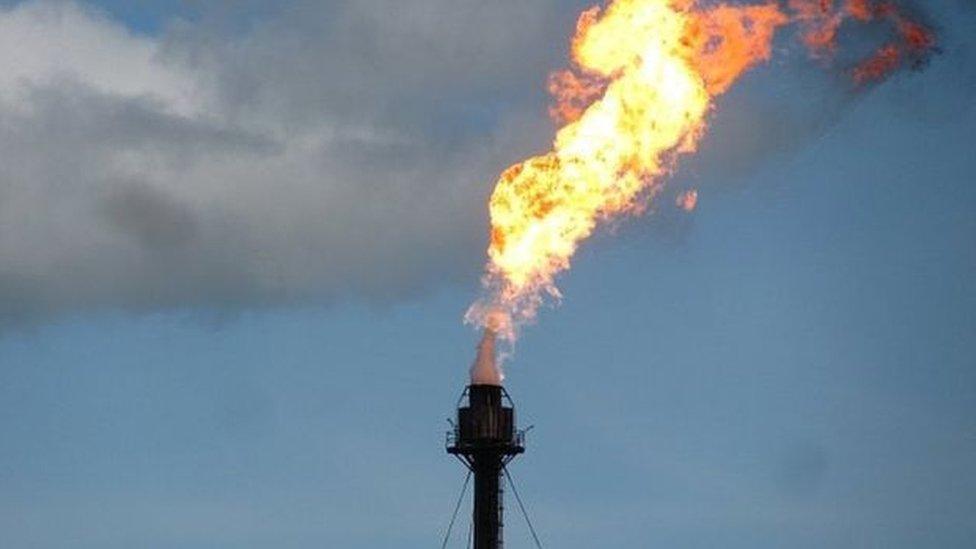
- Published3 October 2019
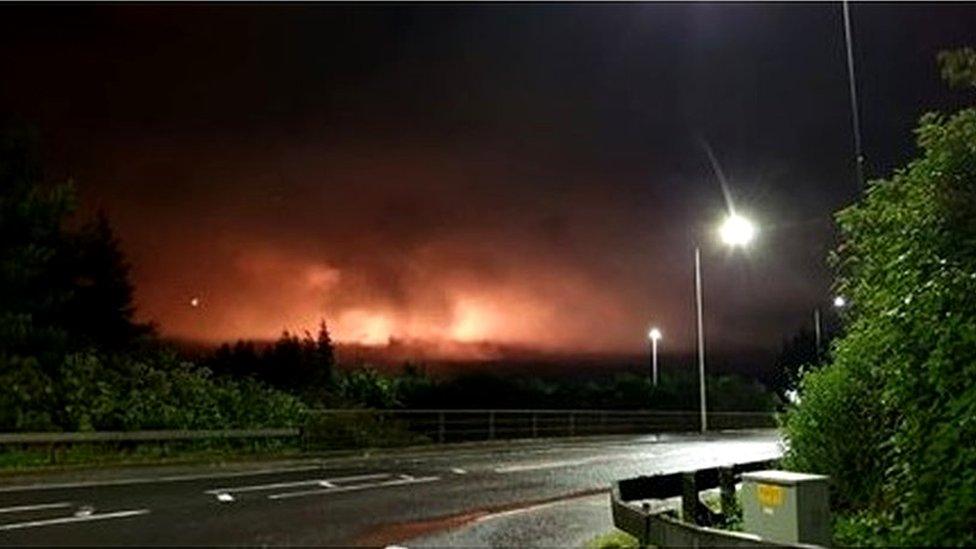
- Published17 September 2019
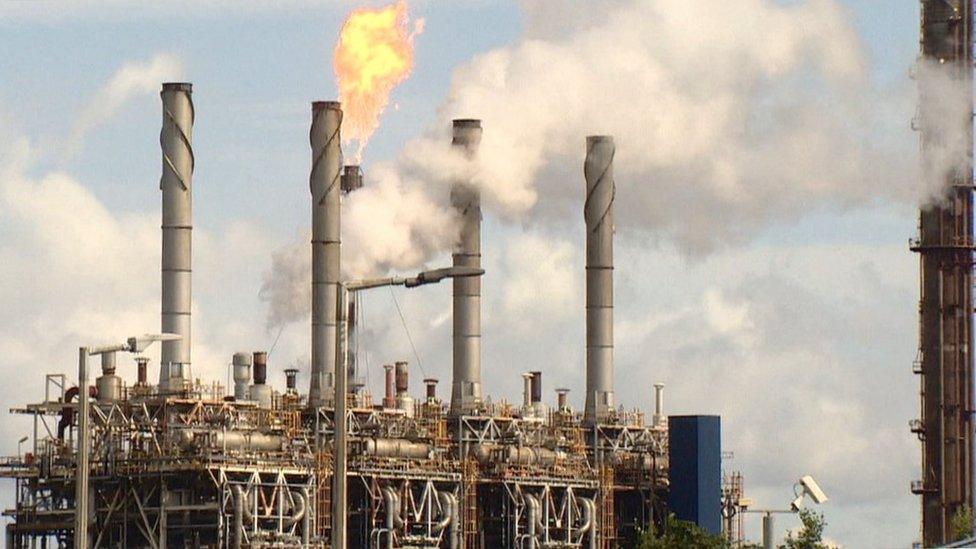
- Published6 September 2019

- Published2 September 2019

- Published30 August 2019
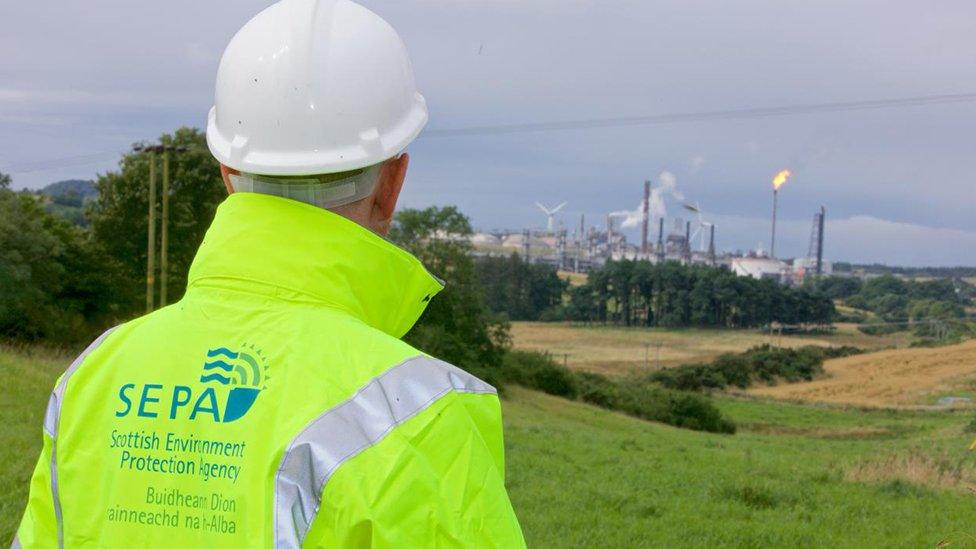
- Published24 August 2019

- Published23 August 2019
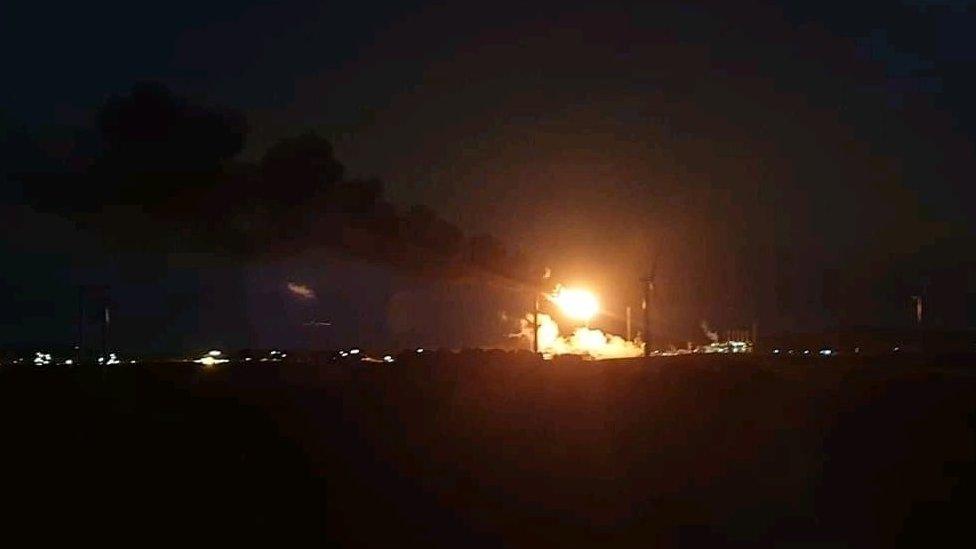
- Published22 August 2019
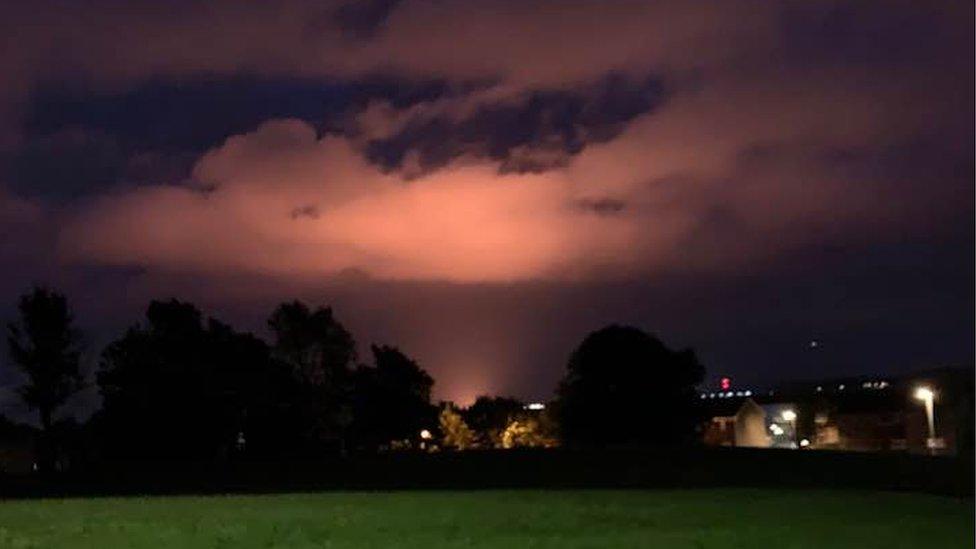
- Published13 August 2019

- Published10 August 2019
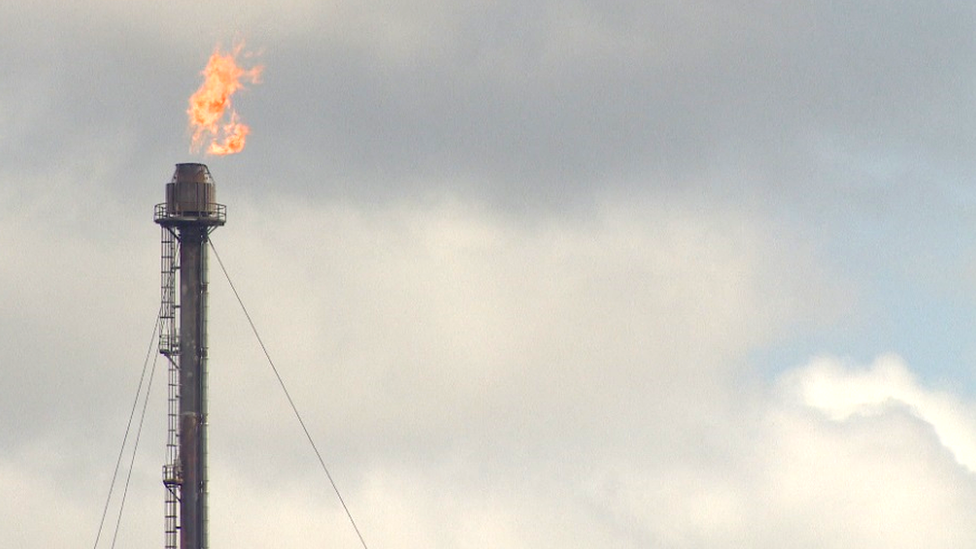
- Published30 June 2019
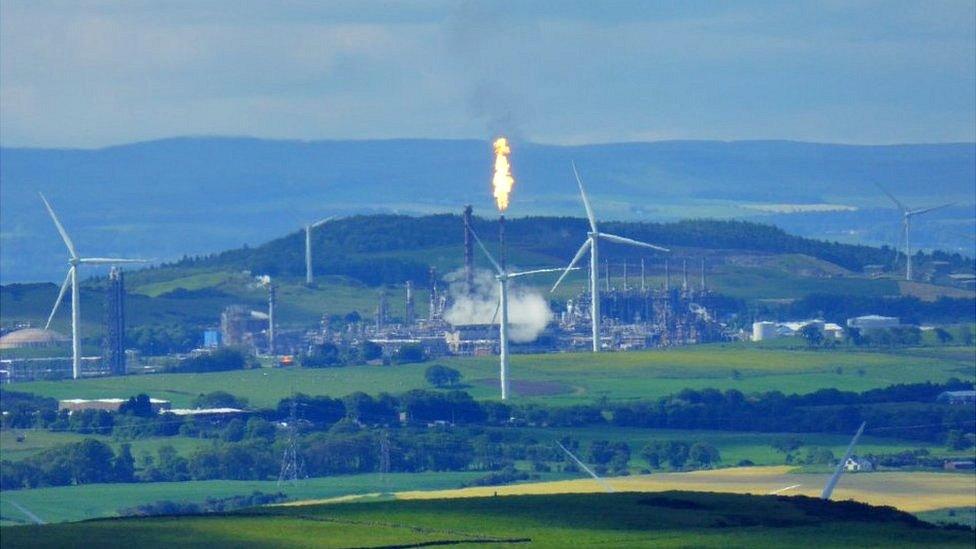
- Published14 June 2019
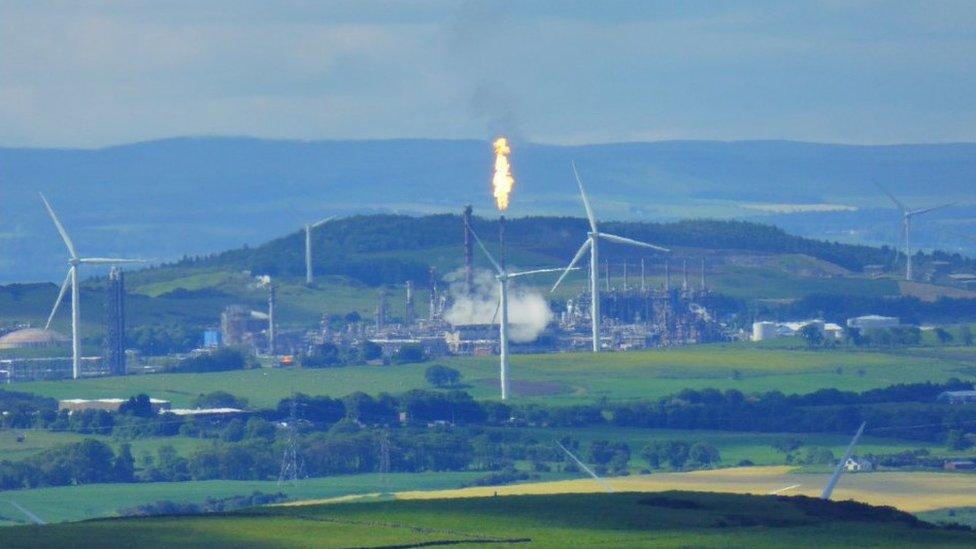
- Published27 April 2019
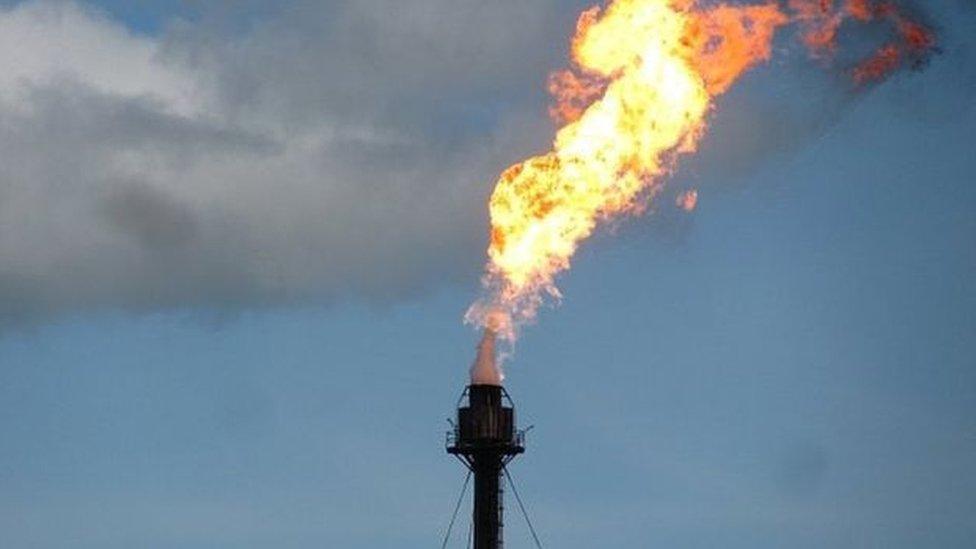
- Published23 April 2019
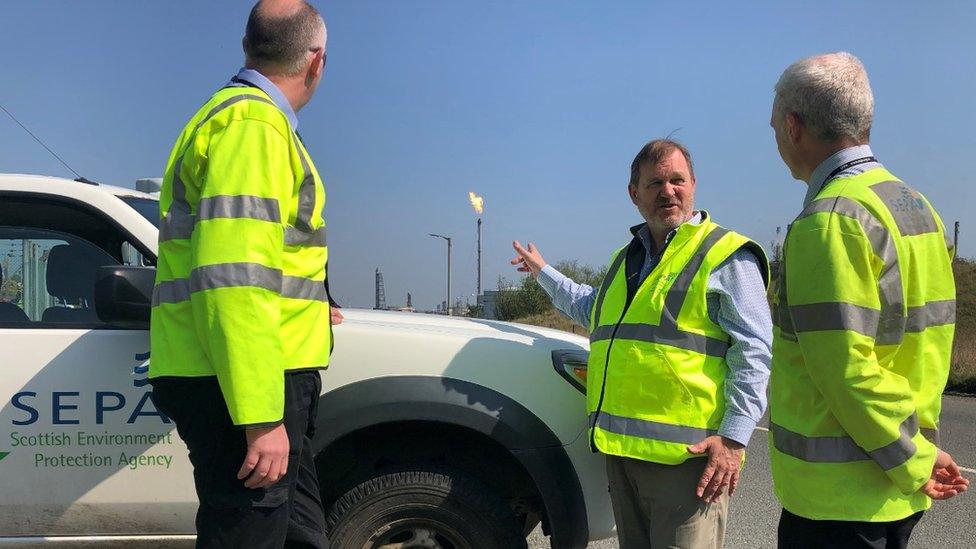
- Published25 April 2019
